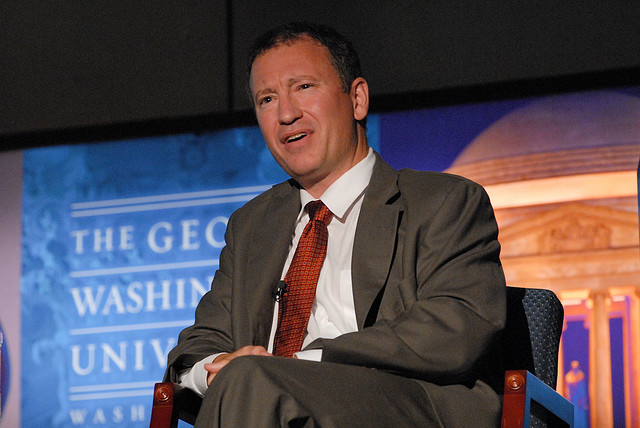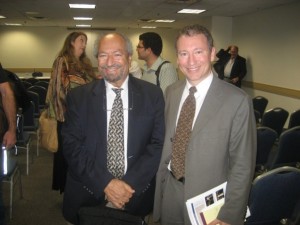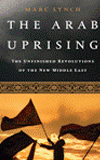An Associate Professor of Political Science and International Affairs at George Washington University, where he serves as the director of the Institute for Middle Eastern Studies, Middle East Studies Program and the Project on Middle East Political Science (POMEPS). The author of "Voices of the New Arab Public: Iraq, al-Jazeera, and Middle East Politics Today," published by Columbia University Press. He's a non-resident Senior Fellow at Center for a New American Society and blogs at Foreign Policy under the pseudonym Abu Aardvark. His forthcoming book, "The Arab Uprising: The Unfinished Revolutions of the New Middle East," will be released by PublicAffairs on March 27.




